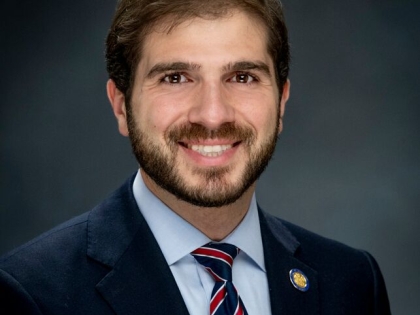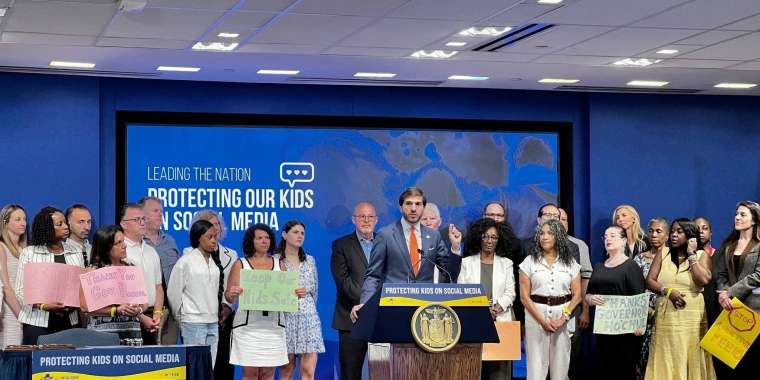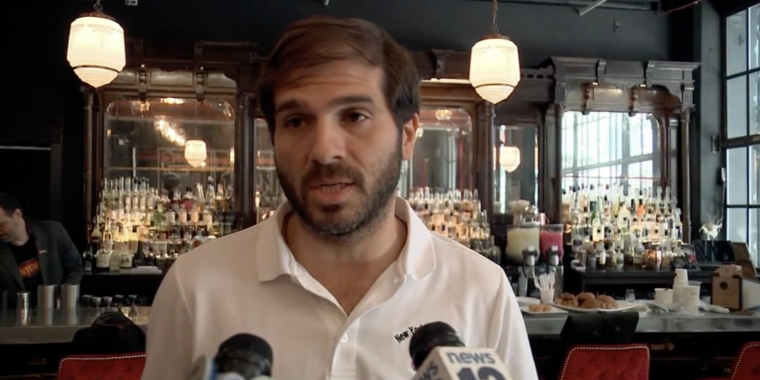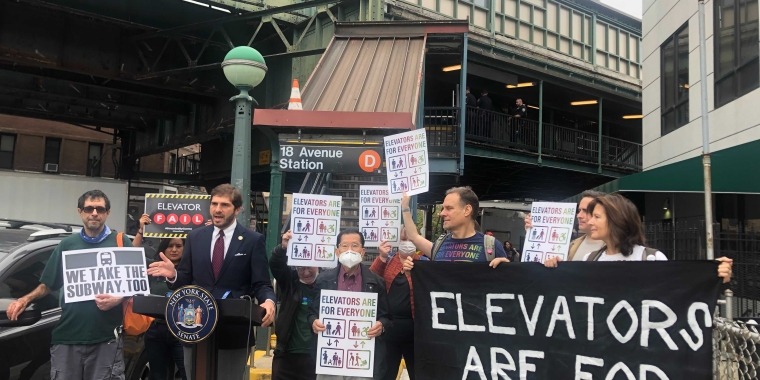
Gounardes town hall looks at climate change

Photo Courtesy of Despina Costalas of Senator Gounardes's Office.
MANHATTAN BEACH — State Sen. Andrew Gounardes, whose Senate district includes waterfront areas of Brooklyn that were hit hard by Superstorm Sandy seven years ago, hosted a town hall Monday night focusing on climate change and new laws aimed at mitigating weather-related damage.
Gounardes, a Democrat representing Southwest Brooklyn, invited several experts and representatives of government agencies to his Climate and Resiliency Town Hall at Kingsborough Community College in Manhattan Beach to discuss ways in which the government is working to protect residents from the effects of powerful storm.
Superstorm Sandy, which hit the East Coast on Oct. 29, 2012, left a great deal of damage in its wake, including flooded buildings in parts of Southern Brooklyn like Coney Island, Brighton Beach, Manhattan Beach and Gerritsen Beach. Manhattan Beach and Gerritsen Beach are in Gounardes’ district.
New York State is working to address climate change issues more effectively, according to Gounardes, who said the Climate Leadership and Community Protection Act passed by the State Legislature earlier this year is a step in the right direction.
“New York passed the historic Climate Leadership and Community Protection Act and established itself as a leader on climate this session. At this town hall on resiliency and climate, we discussed what that means for New Yorkers as well as the environmental threats facing our coastal communities. Here in southern Brooklyn, we know that we can’t afford another Superstorm Sandy, and we have to be prepared,” said Gounardes.
The Climate Leadership and Community Protection Act would require the New York State Department of Environmental Conservation to:
•Establish statewide greenhouse gas emissions limits with the goal of reducing emissions by 85 percent by the year 2050.
•Set up regulations to achieve statewide greenhouse gas emissions reductions.
•Establish a process to ensure that a minimum of 35 percent of investments from clean energy and energy efficiency funds are invested in disadvantaged communities.
The panelists at the town hall included John Miller from FEMA; Eric Wilson of the Mayor’s Office of Resiliency; Catie Ferrara Iannitto of NYC Planning; Andrew Olsen of Build it Back and Elizabeth Malone of NHS Brooklyn.
“New Yorkers face unprecedented climate hazards in coming years, from chronic tidal flooding to more frequent and intensive heat waves. Adapting to these threats requires action at multiple levels, from the individual household to the entire region,” Wilson said.
Malone, who called climate change “a major challenge to both the financial and physical stability of our waterfront communities,” said that both the city and state “need to re-think, redesign and rebuild in ways that are equitable as well as resilient.”



